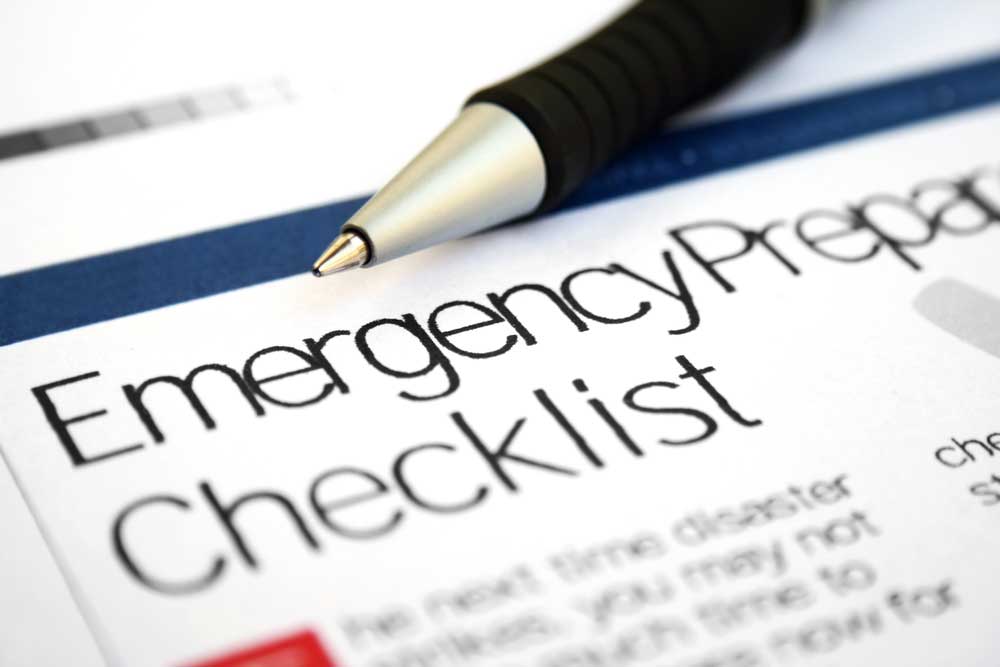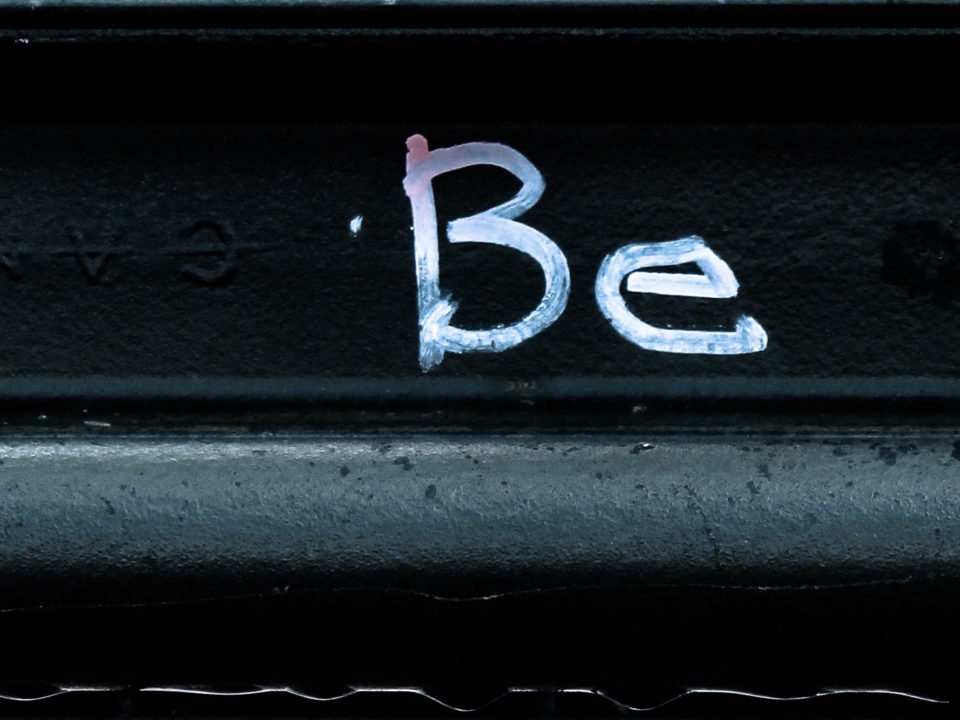- Contact Bob Goodyear at
- (404) 790-5855
- Bob@aGeekWhoSpeaks.com

Presenter — “Know Thy Audience”
April 10, 2017
Tell a Story, Make a Point!
April 24, 2017Are You Ready for a Speaking Emergency?

Recently I presented at a general session of a technology conference. I had a 20-minute slot to talk about new ideas and products my business unit is working on to a crowd of over 300 directors, VPs, and Presidents of various companies. I was going to start by showing a really cool video that had never been seen before and use it as a segue into my speech. All of this was rehearsed a day earlier and I was really excited to do the speech.
On the day of the conference, I was introduced by the conference emcee. He explained that I would come out following a video. Offstage, I knew I had 1 minute and 18 seconds before entering the stage at the end of the video. The emcee walked by me backstage, gave me a thumbs up and the video started. Problem was that it was not my video! It was a video for something completely different!
I turned to my handler who was standing beside me and half yelled: “That’s the wrong video!”
“It’s the wrong video?”
“Yes, the wrong video! Where’s mine?”
“Hold on. Let me talk to the booth. Hey guys, that’s the wrong video. Where’s Bob’s video?”
Time seemed to fly by. What was I going to do when the wrong video ended?
“Bob, they found your video. It will run immediately after this one.”
Temporarily I felt some relief but what was I going to say next? This was not supposed to happen at a general session of a major conference! We had gone over all of this during rehearsal! Panic began to set in until I remembered a coaching session I had done right before going to this conference.
What would you do if…
My coach asked me about what I would do if…
“What will you do if the projection system doesn’t work?”
“If your microphone doesn’t work, what will you do?”
“What will you do if your video doesn’t play?”
Rather than giving the questions much thought, I gave her one answer. “No worries. I’ve never seen any of those things happen in a general session of a conference.” My coach would not let that answer pass. She forced me to think about these possible scenarios. She called them a “speaking emergency.” Fortunately, I thought through these emergencies during our coaching session. I became calm right before walking onto the big stage after the second video ended. Because of this, I walked out and immediately spoke about how the two videos were a bonus, like getting a 2 for 1 special at the theater in the old days. The audience laughed and nodded their understanding of the situation. Following that, I went into my speech without a problem.
The point of this story is simply this. Are you ready for a “speaking emergency”? Do you have an emergency opening planned if things don’t go as planned? What will you do if the technology fails for you? Can you still carry on if you don’t have your presentation slides? Do you have an emergency closing in case you don’t have enough time to finish? What will you cut if you end up with only 15 minutes instead of the 45 minutes you thought you were supposed to have? Before any presentation you make, think through the possible emergencies that could happen. It can happen in a small department meeting, in a business unit session or even in a general session of a major conference. Prepare yourself for a “speaking emergency.”



